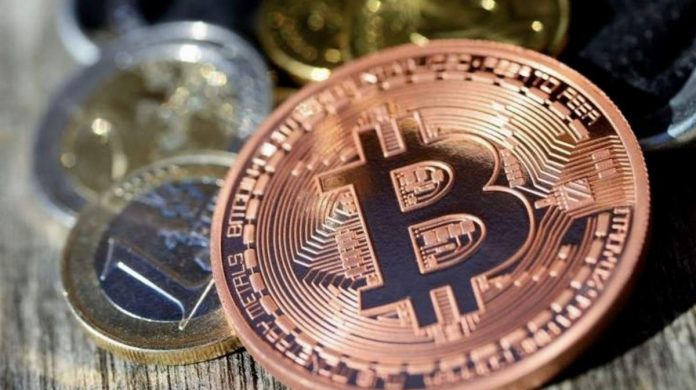Blockchain technology is an application of a decentralised and cryptographically secured distributed ledger technology, operating on a peer-to-peer basis.
Basically, a database is shared between the (private or public) network of participants, in either a centralised or decentralised fashion.
Each participant can have a true copy of the distributed ledger and each transaction is encrypted and validated by the network in inalterable blocks. Transactions are validated by an electronic signature between participants which are themselves parties to a smart contract.
In layman’s terms, Blockchain is a shared database where modifications are combined in related encrypted blocks which are created by transactions and validated by an electronic signature.
Cryptocurrency or virtual currency, such as Bitcoin, is an application of blockchain technology, whereby a limited number of coins or tokens are issued by a company, each having a value recognised by the circle of users. Today, only Bitcoins are convertible into ‘normal’ currency or fiat currency. On a legal standpoint, virtual currency is an exchangeable asset granting ownership to the underlying rights specific to each of them and which have many kinds of uses. They are not necessarily and always considered as securities.
There is no unified legislation of virtual currencies. The first definitions were given in 2012 by the European Central Bank and in 2013, by the US Financial Crimes Enforcement Network. Both consider that virtual currency an asset which cannot be considered as ‘real’ currency.
Such regulations agree to indicate that such an asset is highly unsecure given the absence of specific regulation and fall within the scope of anti-money laundering regulations. That is pretty much what the EU and US legislators agree on. The rest of the world is split into countries who accept the dealing in virtual currency, countries who have banned it and countries where dealings in virtual currency are authorised depending on their nature. More
By Alain Zahlan de Cayetti/Dubai khaleejtimes.com

















